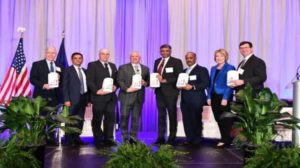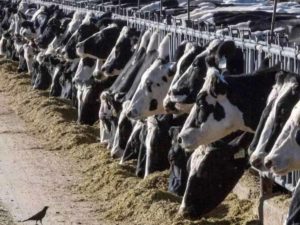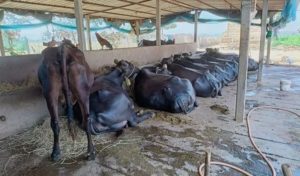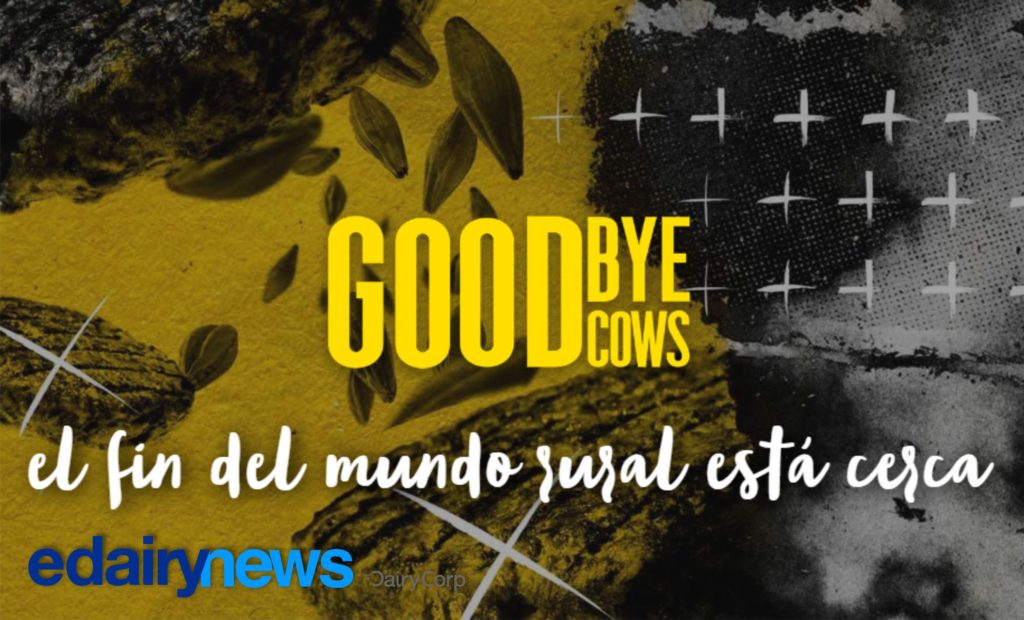Sri Lanka’s cabinet has decided to abolish the import tax of 175 rupees per kg of milk powder to maintain its current price as importers have demanded a price hike, co-cabinet spokesman Keheliya Rambukwella said on Tuesday (10).
Sri Lanka’s milk powder importers have demanded a price hike citing increased price in the global market, expensive freight charges, and depreciation of the rupee, with some importers paying far above the an non-credible peg set at 203 rupees.
The Consumer Affairs Authority’s failure to allow an upward price revision has triggered shortages.
“We took a progressive decision to abolish the import tax on milk powder and give up the considerable chunk of government revenue to maintain the milk powder prices at the same level,” Rambukwella told reporters at the weekly cabinet meeting.
“This is one of the main avenues of government revenue. But we realised that it is important to allow this at this juncture.”
Sri Lanka’s spending on diary imports rose by a third to 333 million dollars last year compared to 249.3 million dollar in 2016, central bank data showed.
However, the government has been trying to reduce the import of milk powder through substituting with locally produced liquid milk and milk powder in pushing an autarky.
Rambukwella said the consumption of the locally produced milk including liquid milk has increased to 40 percent of the total milk consumption and 60 percent of the demand is still being imported.
“While not inconveniencing the milk powder consumers in the short term, there is a process under way to achieve self-sufficiency in the medium to long term,” he said adding that the country should be able to stop the imports by then.
Sri Lanka has been promoting consumption of fresh milk though there have been orchestrated protests in the past demanding a complete ban of milk powder imports citing the presence of harmful chemicals.
In 2013, Sri Lanka saw the New Zealand-based dairy giant Fonterra withdraw milk powder under orders from the Sri Lankan authorities for showing traces of the toxic agricultural chemical dicyandiamide, although it disputed the accuracy of the testing.
In February, Sri Lanka Agriculture Minister Mahindananda Aluthgamage told Parliament that the country will launch an ambitious program to be nearly self-sufficient in liquid milk aiming to meet most of the national demand by 2024 including the of import 1.5 million milking cows.
There are over 300,000 liquid milk production farms in Sri Lanka and Milco, Pelawatte Dairies and Nestle Lanka produce milk powder locally.
Dairy products are mainly imported from New Zealand and Australia, other countries include Denmark, the Netherlands and India.










